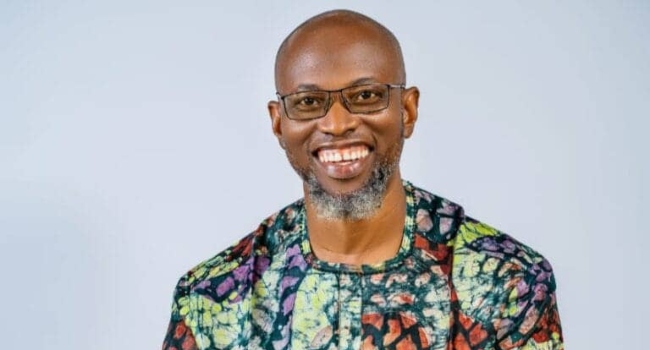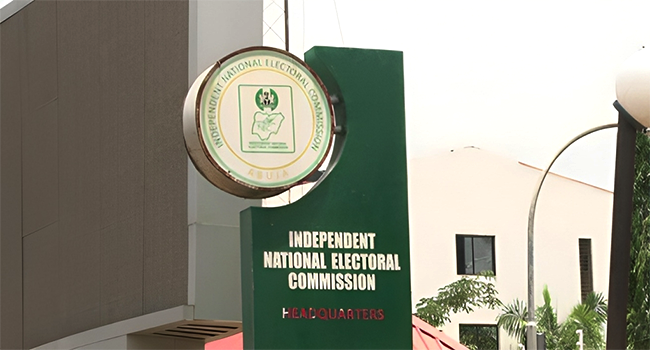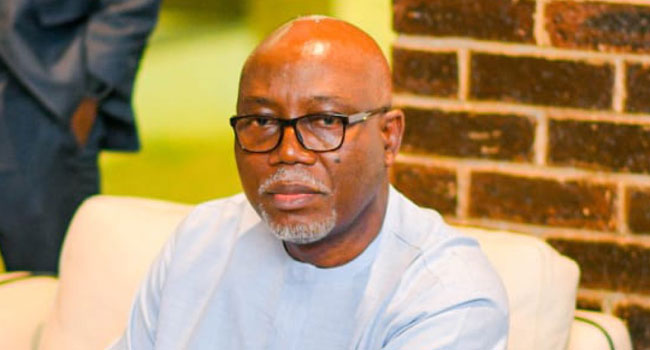The 45-year-old’s People’s National Congress decimated its pro-Indian rival to secure an iron-clad two-thirds majority at Sunday’s polls for the 93-member assembly.
A British-educated civil engineer, Muizzu was an unlikely candidate for the presidency in September after serving as construction minister in the government of his mentor Abdulla Yameen.
But Yameen’s jailing for corruption saw Muizzu tapped to lead the party as his proxy in an election fought on whether the small but strategically placed nation aligns itself with China or India.
Soon after his presidential victory, in a clear signal of his intent he eschewed tradition to make Beijing — rather than New Delhi — the destination for his first state visit.
He signed a raft of agreements in the Chinese capital aimed at boosting bilateral cooperation and securing funding for housing, bridges and airports.
As construction minister Muizzu had overseen several Chinese-funded infrastructure projects including a $200-million bridge linking the capital Male with the archipelago’s main airport, and went on to become the city’s mayor.
He told Chinese Communist Party officials during an online meeting in 2022 that his party’s return to power would expand the “strong ties between our two countries”.
– ‘India out’ –
Muizzu’s back-to-back election successes have hinged on a sustained campaign against India’s outsized political and economic clout in the Maldives.
“The ‘India out’ campaign helped him at the presidential election and again at the parliamentary election,” a senior aide told AFP.
“People also believe that going with China will ensure that the work (construction) will happen very quickly.”
New Delhi has a history of entanglements with affairs in Maldives, including the deployment of soldiers to thwart a 1988 coup attempt.
Its influence has been a periodic source of resentment in the Muslim-majority nation.
In 2022, an Islamist group stormed a football stadium in Male to break up an Indian-backed public yoga session, with police firing tear gas to disperse the protesters.
Muizzu fashioned himself as the custodian of the national interest by pledging to free the country from interference by its northern neighbour.
Since coming to power, Muizzu has ordered India to withdraw its small military detachment by May 15.
He has bought drones from Turkey to replace the three Indian-donated aircraft that were used to patrol the vast maritime boundary of the country.
Last week a court overturned Yameen’s conviction and ordered his release.
The architect of their party’s eager embrace of Beijing’s financial largesse through the Belt and Road Initiative, the former president had been serving an 11-year jail term for bribery and money laundering.
– Rising waters –
The Maldives — some 1,192 tiny coral islands scattered 800 kilometres (500 miles) across the equator — is one of the countries most vulnerable to sea level rises caused by global warming.
Muizzu is pushing for the construction of fortress islands to withstand the waters.
He has vowed that the country will not be abandoned, despite a predecessor once warning that authorities may have to buy land in Australia or elsewhere to relocate Maldivians should it sink under the rising waves.
In an interview with AFP soon after his election, Muizzu said he was seeking $500 million to build fortified islands so that they will not have to flee their homeland.
“If we need to increase the area for living or other economic activity, we can do that,” Muizzu said. “We are self-sufficient to look after ourselves”.
AFP




